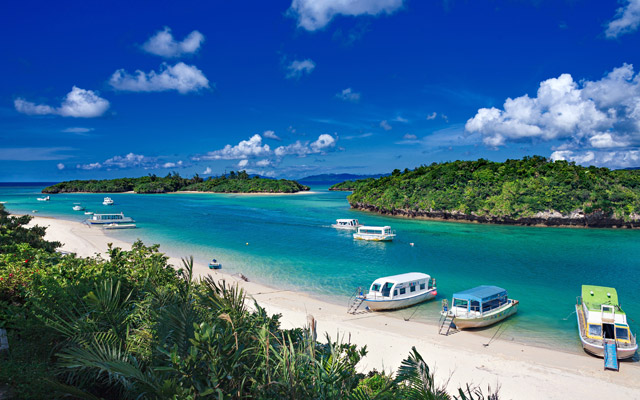Off-season demand for business events in Japan is growing thanks to pent-up demand from the pandemic and efforts by national and local governments to promote regional destinations, increasing awareness of the country’s offerings year-round.
March, April and early May, as well as October and November, “have always been the focus of business events,” according to James Kent, director and chief operating officer of destination marketing company The J Team.

Over the past 18 months and in bookings for the coming 12 months, however, his company is seeing “significantly more events in what have historically been the low seasons”, namely the coldest months of January and February, and the rainy and hot months (June through September).
Sector experts attribute the market changes to the pent-up demand for visiting Japan, which began growing when the country closed its borders in March 2020 to curb the spread of the pandemic.
Since all travel restrictions were lifted in October 2022, visitors have returned with enthusiasm, where 26.8 million people arrived from January to September 2024, making it likely this year’s total number of visitors will exceed the 31.9 million recorded in 2019, according to the Japan Tourism Agency.
Efforts by the Japan Convention Bureau to promote the country as offering everything from team-building through karate on a subtropical beach in Okinawa to ice-walking in Hokkaido seem to be paying off.
More buyers are looking for festivals, which are frequent from June to September, for event participants to watch or take part in, or for incentive-based snow sports in resort areas. Similarly, there is interest in Hokkaido for summer, to avoid the heat and humidity of the southern islands, and in Okinawa for winter, for milder temperatures.
The trend “seems to reflect an increasing level of knowledge of the attractions of Japan in different seasons, most clearly reflected in dining experiences and festivals”, Kent opined, adding that planners want “to offer something different in seasons that are perceived to offer more exclusiveness, when other events and FIT are elsewhere”.





















